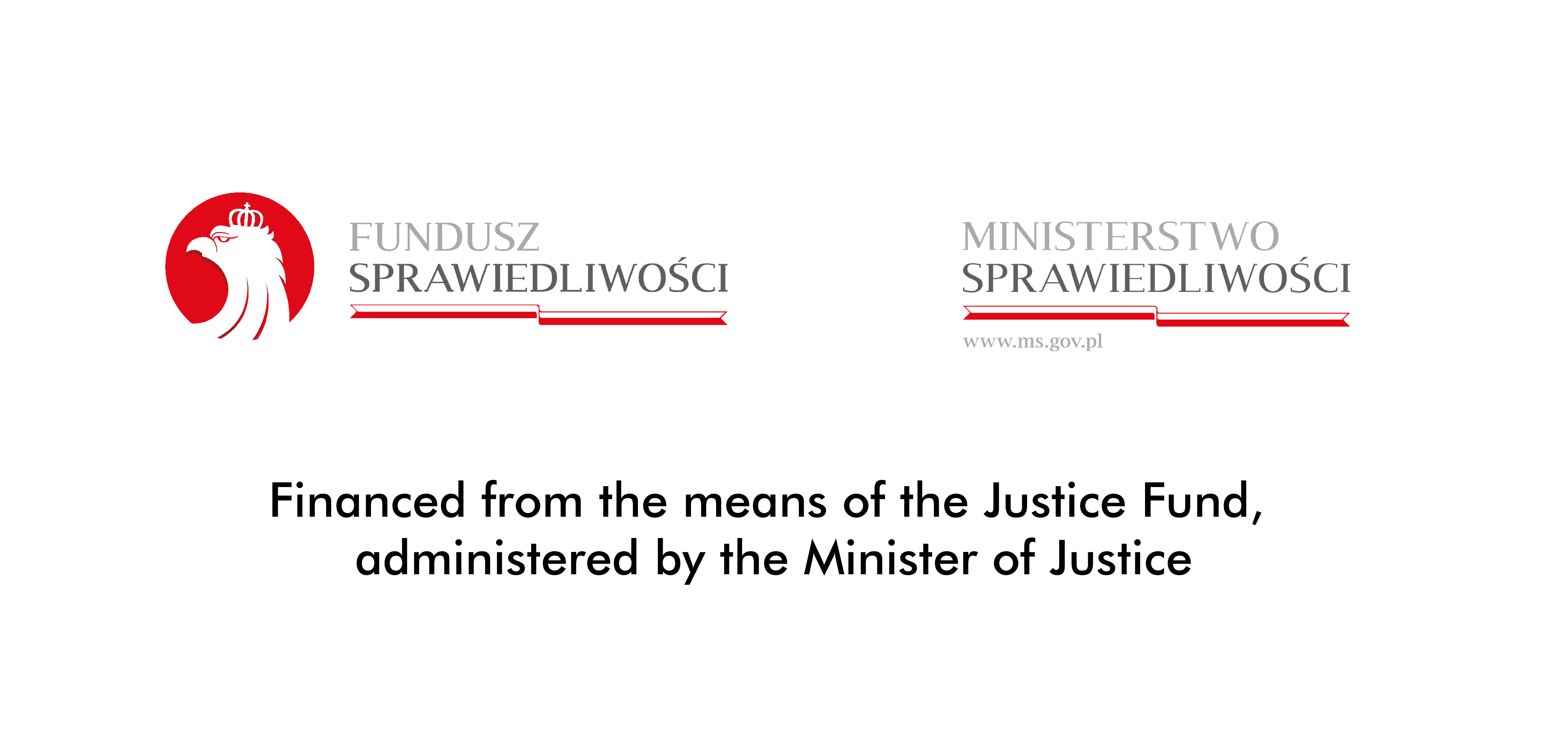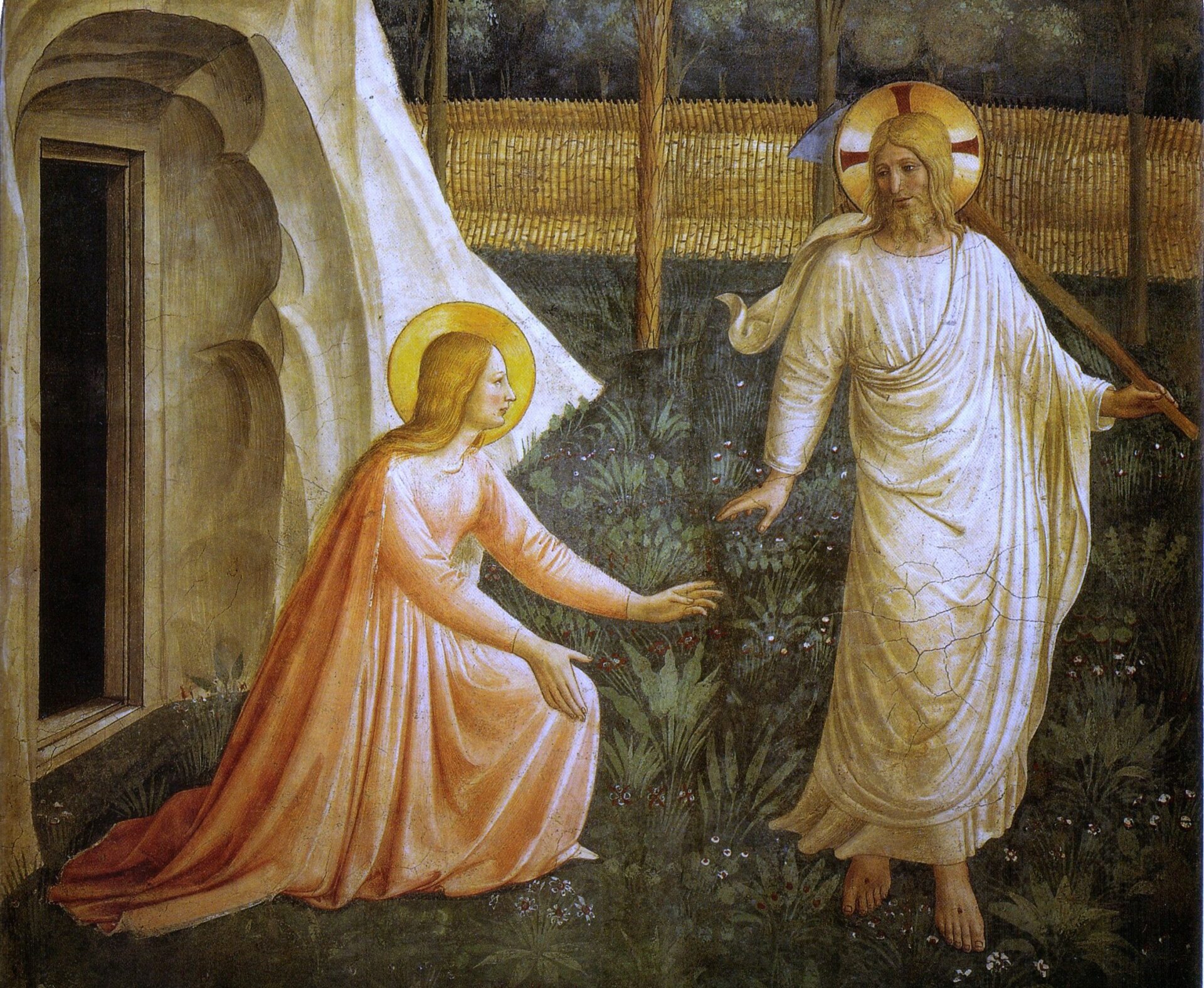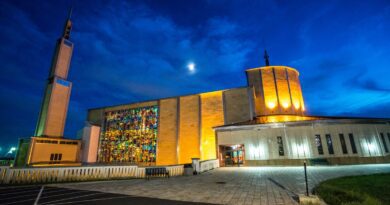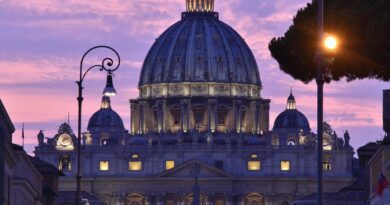Who will succeed Francis: A Hungarian pope?
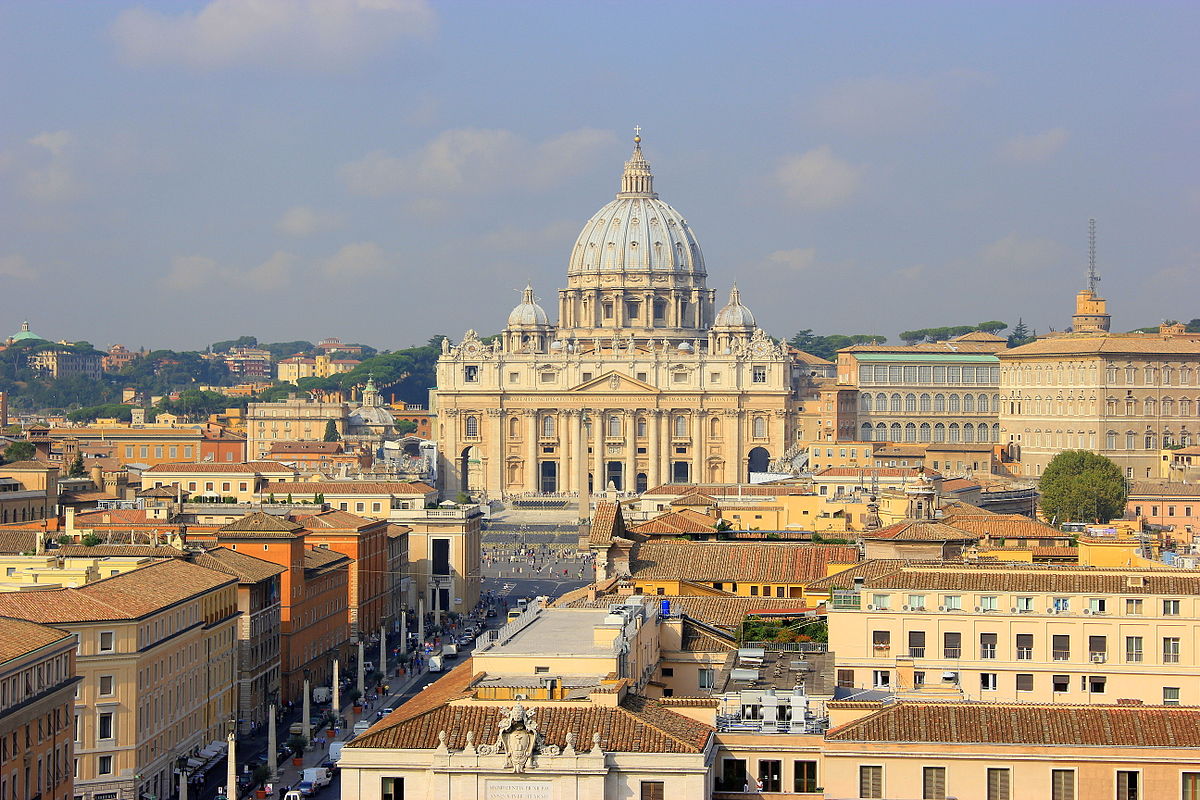
After the pontificate of Francis, is the Church doomed to have the kind of pope, who today we could hypothetically call Francis II? Could Cardinal Péter Erdő, who is careful not to fall into ideological potholes, gather support not only from opponents of the revolution in the Church, but also from those who believe that the Church needs a period of doctrinal and institutional stability?
Tomasz Rowinski
Conjectures about who might be the next Bishop of Rome are mostly carried out in a key that can be dissected from the cardinal appointments taking place during the pontificate of Pope Francis. It is pointed out that the current pope’s nominees are mostly people with a similar view of affairs in the Church. Indeed, we are dealing with a cluster of such clerics. If we add to this a sizable circle of cardinals without much “political” clout in the Church, chosen from among the bishops of fragmented Italian dioceses or from tiny and altogether exotic Catholic communities such as Sweden or the Tonga Islands, it’s hard to expect the existence of strong opposition to Francis’ men in the College of Cardinals.
This, by the way, is not the end of the problems. After all, in the cardinal body we also have, for example, five cardinals from the United States, who owe their careers to the fact that they rotated within the range of influence of the infamous Ex-cardinal Theodore McCarrick. It is entirely legitimate to ask whether people associated with this discredited sex offender, given the fact that responsibility for the long-standing continuance of his career at the highest levels of Church authority has not been clarified, will certainly not be subject to all sorts of external influences during the conclave. Cupich, Tobin, Farrell, Gregory, and McElroy – the names of these five cardinals of Pope Francis, close to McCarrick in the past, are worth remembering. Besides, all five are clergymen with a liberal or – more appropriately – relativist approach to Catholic teaching. They themselves, therefore, constitute a “party” that may be interested in the internal softening of the principles of the Catholic way of life.
OUTBIDDING FRANCIS
Surely, then, the Church is already doomed to have a pope whom we could hypothetically call Francis II? Beyond the assumption about the inevitability of electing a “second Francis”, an additional assumption of sorts is lurking in the background that ought to be mentioned. Francis II could turn out to be a far greater radical of relativism than Jorge Bergoglio. As a continuator of the “spirit” of the current pontificate, he might want to outdo all the controversy that Francis has caused. This assumption has a strong basis. We’ve become familiar with what the various ecclesiastical narratives based on the supposed “spirit” entail. For example, the “spirit” of the Vatican Council is supposed to give legitimacy to any change in the Church, even the most extreme and contrary to Scripture and tradition. Attachment to the “spirit” usually means so much that one can be unconcerned at all about the “letter of the law” or those contents that we’ve received from the past.
Paradoxically, fears that this is exactly how the Church’s fate will turn out after the election of Francis II may prove to be a kind of game changer for the inexorably approaching conclave. I believe that the concerns outlined are also shared by many of those cardinals who are close to Francis’ position today, but who may feel that it is not at all necessary for the Church to continue in the same direction. It should also be noted that Francis’ peculiar way of managing the Church – often characterized by manual control, overlooking the responsibilities of individual church institutions – is creating a sense of uncertainty and instability in both clergy and laity. This could lead to the emergence of an option within the circle of cardinals that we could call a “party for stability”. A “party” of this kind, moreover, could bring together the voices of the clergy with widely divergent views on specific issues about which Catholics are constantly arguing.
If the situation were to take shape in this very form, it would mean that a very different candidate would be sought than the relativist papabile mentioned today, such as Cardinal Mateo Zuppi or Jean-Claude Hollerich. The latter – propping himself up with quasi-scientific arguments – directly questions Catholic moral teaching. The former, associated with the Sant’Egidio community and Prof. Riccardi, could politicize the intra-Church approach to doctrine even more so done than it is done today. It is worth recalling that Prof. Riccardi at one time called for purging the Roman Curia of Benedict XVI’s people, who, in his view, stood in the way of the current pope’s reforms. Indeed, the referenced dismantling of the Church’s ethical teaching is only part of the broad program of internal secularization of Catholic life that relativists are proposing. It’s a kind of return to the 1970s along with their distaste for traditional spirituality, for sacramental life, especially confession, or, finally, for traditional Catholic liturgy, which is now under constant attack from Francis and people who consider themselves a part of his team.
There is another reason why Francis’ calculations of choosing cardinals “similar to himself” may backfire. Realistically, one has to assume a certain, perhaps even quite considerable, level of opportunism among cardinals who today present themselves as “Francisian”, but after the Pope’s death will begin to look around for other points of reference, and may even be inclined to a certain independence.
TRADITIONALISTS WITHOUT A CHANCE?
Regardless of the dynamics of change in the College of Cardinals, it is hard to imagine that traditionalists of the likes of Raymond Burke, who would have to face opposition from the radicals of the relativist wing, including even his – already referenced – American colleagues, will have a real chance in the conclave. The same is true of Cardinal Robert Sarah, whose election is the dream of many Catholics hoping for the emergence of a pope who is truly a spiritual authority. Sarah could become Benedict XVII both because of his commitment to traditional Benedictine spirituality – he has often appeared at Fontgombault Abbey in recent years – and for the simple reason that he would likely continue the line –both in theology and liturgy – of Pope Ratzinger.
It is often pointed out that it is the Filipino Cardinal Luis Antonio Tagle who is being touted by Pope Francis as his successor. However, it is well known that the opinion of an outgoing – dying or resigning – pope doesn’t really hold much weight anymore. Tagle today appears to be more of a liberal man of Francis, but in reality he may turn out to be a rather centrist-leaning version of John Paul II, who would not consider it appropriate for the Church under him to move in the direction the radicals dream of. The demographic growth of Asian Catholicism also speaks for him. Ultimately, will such an argument carry weight in the conclave? One can have serious and justifiable doubts.
ARCHBISHOP OF BUDAPEST
In the context of future changes in the Holy Seer, however, it is worth noting another figure, namely Cardinal Péter Erdő. The Archbishop of Budapest, while undoubtedly considered a traditionalist today – another matter is that this notion has expanded greatly during the pontificate of Francis – at the same time, as one can read, enjoys considerable respect also among the liberal higher clergy. Erdő has let himself be remembered as a resolute figure. When he was Relator General of the Third Extraordinary General Assembly of the Synod of Bishops, he publicly revealed at a press conference – without fear of embarrassing a colleague – that it was Archbishop Bruno Forte of the synodal secretariat who had added pro-homosexual paragraphs to the synodal Relatio, despite the fact that the debate among the bishops did not bring up the topic.
Erdő also spoke out on political issues. In 2015, he hinted that Europe had the right to defend itself against mass migration, since agreeing to the process would in practice mean legalizing human trafficking. The cardinal thus referred to the paid smuggling practice behind the wave of migration of people from Africa to Europe. When Francis urged Europeans to welcome the newcomers, Cardinal Erdő retorted, saying that the Pope does not know the reality. At the same time, he distanced himself from the rhetorical oversimplifications of Viktor Orbán’s policies, saying that Christians and Muslims should not be politically antagonized. In the face of the Hungarian Prime Minister’s calls to protect Christian Europe from Muslim migrant invasion, in an interview with valaszonline.hu, he asked whether the Old Continent can still be called Christian for sure.
Perhaps Péter Erdő – who is clearly trying not to fall into ideological potholes but seeks a Catholic perspective on public affairs as well – could gain support not only from opponents of a revolution in the Church, but also from those who believe that the Church needs – after the dynamic years of Francis – a period of doctrinal and institutional stability. Even if the topic of change were to return in the future. Erdő’s candidacy can be considered pragmatically by proponents of such a position. A so-called “conservative” may also be considered the right instrument to cool down the swollen emotions in the Church, and this is necessary for the next phase of the revolution to take place.
Broad traditionalists, on the other hand, may hope that Erdő’s firmness will allow the restoration of the Vojtělín-Ratzinger order in the Church, both in terms of moral teaching and liturgy, over which a new war has been waged since the summer of 2021. The Hungarian turns 70 this year, and one might think that from an ecclesiastical-political perspective he is entering the ideal age to become Bishop of Rome. The cardinals know that should something go “wrong”, they won’t be threatened by a decades-long pontificate. While this is a mostly psychological argument, it is worth considering.
This article was published in August 2022 in “Do Rzeczy” magazine.
